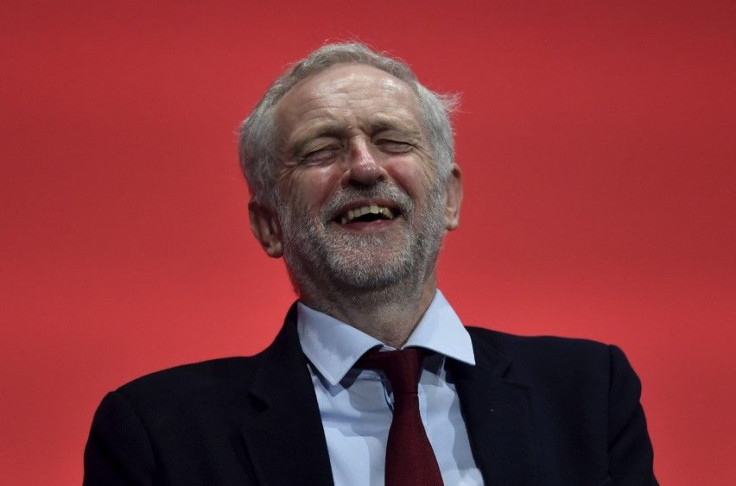UK Labour Leader Jeremy Corbyn uses 'plagiarised' material for first speech

Describing his own election as a “political earthquake” that had ended politics as usual, Jeremy Corbyn’s first speech as the UK's new Labour Party leader turned out to be a rhetoric originally meant for former Labour Party leader Ed Miliband, who rejected it in 2011.
Speaking from a third person point of view, Corbyn convinced activists that he could provide fresher alternatives for Westminster as he is an authentic and unspun politician. These, however, were hugely lifted from a blog. When Miliband rejected the speech four years ago, blogger Richard Heller posted them on his blog. The speech has laid undisturbed, until now.
Journalist Alex Massie from Spectator spotted the exact same speech online within two hours. Only five words were changed from the initial blog post and the same goes true for several other paragraphs.
Heller then insisted that this is not a case of plagiarism as he had recently posted his words to Corbyn’s team. Despite permission being granted, using the speech was still considered embarrassing, especially when it was a rhetoric rejected by Miliband.
Instead of using his first speech as an opportunity to bridge divided gaps, Corbyn used it to address opposition, particularly members of his own party who did not want him to win. He said that party activists have granted him a mandate in support of his view that Britain should stop its nuclear deterrent. “I don’t believe £100 billion (AU$158 billion) on a new generation of nuclear weapons taking up a quarter of our defense budget is the right way forward,” Corbyn added in his speech.
Corbyn, chair of Stop the War campaign until last week, said that he wants Britain to “lead in making progress on international nuclear disarmament.” The Labour Party has voted against the renewal of the Trident nuclear program.
There remains much to be seen on how Corbyn will fare as the new leader of the party, a huge part of which will be whether he starts gaining friends rather than alienating them.
Contact the writer at feedback@ibtimes.com.au, or let us know what you think below.






